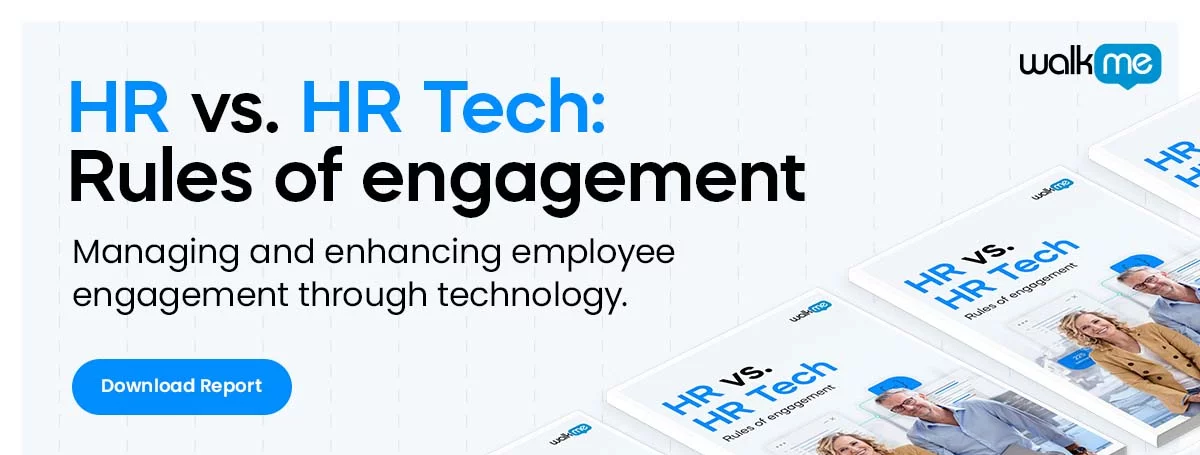
How should employers address the issue of employee mental health?
Opinions on the matter differ.
Some feel that employees’ mental health issues aren’t the responsibility of their employer.
Others feel that, since employees’ mental health does impact organizational performance, employers should offer at least some support in this area.
Below, we’ll explore this issue in detail, starting with a few ways mental health can affect businesses.
Does Employee Mental Health Affect Organizational Performance?
Studies have shown that as many as 20% of adults suffer from mental illness in the United States. This number represents “all recognized mental illnesses,” including both severe and minor illnesses.
This suggests that a large number of employees may have undiagnosed or unreported conditions, some of which can affect employee retention, engagement, productivity, and other important metrics. At the same time, employees with mental health issues can also affect their team’s morale, performance, and job satisfaction, among other things.
For reasons such as these, some are of the opinion that employers should:
- Proactively provide support for employees with mental health
- Invest in an Employee Assistance Program (EAP)
- Create a culture of openness and actively de-stigmatize mental health issues
Given the potential impact of mental health on the workplace – especially in the wake of COVID-19 and the toll it took on workforces around the world – there are certainly reasons to consider options such as these.
Benefits of Addressing Employees’ Mental Health
The benefits of improved mental health can directly affect employee behavior, attitudes, and the metrics mentioned above, such as employee performance and productivity.
Positively influencing mental and emotional issues, therefore, could:
- Reduce stress in the workplace
- Create a more positive workplace climate
- Decrease friction among team members
- Improve employees’ productivity
These are a few of the reasons why some managers feel employers should take a more active role in addressing their workers’ mental health.
While such actions could generate positive results, there are potential downsides to be aware of.
Pitfalls to Avoid When Addressing Mental Health at Work
One of the most important points to note about mental health is that it is a health-related issue – and, in the United States, as with any other health-related issue, it is strictly regulated by the Health Insurance Portability and Accountability Act (HIPAA).
Employers who involve themselves too closely with employees’ mental health, therefore, could risk infringing upon employees’ privacy.
Employers’ and managers’ concern for the organization’s performance and their workforce’s well-being is certainly understandable. However, private health information has long been protected by HIPAA, so it is wise to steer clear of any actions that could breach that privacy.
While some managers believe that openly discussing mental health issues at work can create a more supportive environment, others may prefer to keep any diagnoses or disorders private. Therefore, out of respect for their privacy – and to avoid legal complications – employers may wish to take a more subtle approach.
3 Ways to Support Workers’ Mental Health
Here are a few ways employers can support employees’ mental health without invading their privacy or their HIPAA-protected rights.
Invest in an EAP
EAPs, as mentioned above, are similar to insurance programs in that they provide employees with medical benefits. An EAP’s benefits, however, tend to focus on issues such as mental health and addiction.
An EAP will typically offer counseling services, often by referring employees to outside support networks. Larger organizations may have more structured, in-house programs, and some may even employ their own medical professionals.
These programs are designed to protect employees’ confidentiality – so even when employees do make use of them, employers won’t know.
EAPs, in short, are one of the best ways to directly support employees’ mental health, as well as their privacy.
To ensure that the EAP actually gets results, however, it is important to make employees aware of these programs and their benefits.
Improve the workplace
Employers have little control over employees’ actual mental health conditions. However, employers can change aspects of the workplace that might exacerbate existing conditions.
Examples include:
- Improving the quality of management through leadership training
- Mitigating the negative effects of remote working by enhancing remote employee management strategies
- Create work environments that offer remote working, flex-time, and similar options that can improve the employee experience
In short, rather than paying too much attention to employees’ mental conditions, a better place to start may be with the workplace itself – after all, in terms of ROI, investments in workplace transformation may actually generate better outcomes.
Start an employee well-being program
Corporate well-being programs are programs that take a holistic approach to supporting employees’ health.
They can include:
- Exercise programs or facilities
- Meditation and yoga classes
- Health-related perks, such as massages or food
- Self-help programs
- Corporate retreats
Every corporate wellness program is unique, but the underlying benefits are often the same: improving employees’ health to improve employee productivity, reduce health-related issues at the workplace, and enhancing the workplace culture.
Key Takeaways
Employees’ mental health can affect their performance and the workplace as a whole, so it is only natural that employers would want to support their workforce.
Mental health is a sensitive issue, however, and it is also one that is protected by HIPAA, so employers need to know where to draw the line.
There are, however, ways to support employees’ mental health that don’t infringe upon their right to privacy, such as EAPs, workplace transformations, and employee wellness programs.
WalkMe Team
WalkMe spearheaded the Digital Adoption Platform (DAP) for associations to use the maximum capacity of their advanced resources. Utilizing man-made consciousness, AI, and context-oriented direction, WalkMe adds a powerful UI layer to raise the computerized proficiency, everything being equal.



